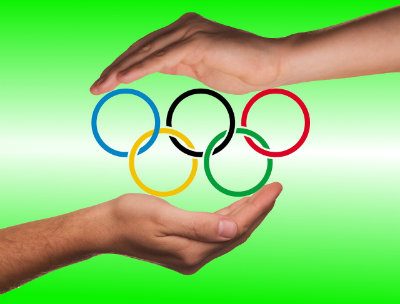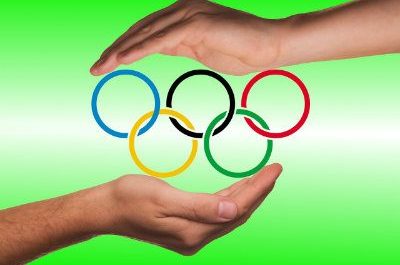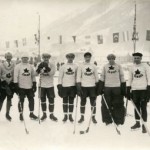Origins And History Of Olympic Games
Olympians vigorously train to qualify to represent their country in various events, the Olympics did not always occur as they do today, with winning participants taking home gold, silver, and bronze medals.
Discover the origins of the Olympic games and facts about the history of the Olympics.
Ancient Olympic Games
Greek history dates the first documented Olympic games dates back to 776 BC. Although the ancient Olympics differed in many respects from modern-day Olympics, some aspects are the same. For example, the Olympics occurred every four years, as they do today.
Opening ceremonies of modern Olympics comes with fanfare and celebration. Ancient Greece held a festival celebrating the beginning of the games. Events included wrestling, discus throwing, javelin throwing, running and jumping events.
However, there are also differences in today’s Olympic games, compared to the ancient Olympics. Ancient Olympics always took place in the Greek city of Olympia. The Olympics were dedicated to the Greek god Zeus and his wife Hera.
Participants competed for the prized olive branch, while today’s participants compete for the coveted gold, silver and bronze medals.
Another difference is that only men participated. Women could not participate in any event.
Wars stopped with a truce called during ancient Olympics. During WWI and WWII, the Olympics did not take place.
The Games Called To An End
The Athens Guide explains that in the year 393 AD, then-emperor Theodosius banned the Olympic games. By this time, Rome conquered Greece and many aspects of Greek culture and religion changed. Theodosius called the games “Pagan cults,” in spite of the fact that Olympia represented an important religious meeting place and was important in politics at the time.
The Olympics did not occur again until 1896 in Athens.
Revival Of The Olympics
French Baron de Coubertin (1863-1937) successfully revived the Olympic games after calling a meeting of “An international sports congress” in 1894. Scholastic also says that delegates from Belgium, England, France, Greece, Italy, Russia, Spain, Sweden and the U.S. attended. We know the Olympics delegation today as the International Olympic Committee (IOC).
While the Baron wanted to hold the games in France, delegation members decided that Athens was more appropriate. Therefore, the modern-day Olympic games first occurred in Greece, home of the ancient Olympics, in 1896. France hosted the Olympics four years later. The first Winter Olympics took place in France in 1924.
Although the first several Winter Olympics occurred every four years during the same year as the Summer Olympics, officials soon recognized the need to hold the winter and summer games in different years.
The IOC explains how a city goes from a candidate to becoming the actual host city of a particular Olympic Games today.
Olympic Scandals Through The Years
Politics played a role in the Olympics as far back as the Ancient Olympics. History says that Nero disgraced himself after declaring himself the winner of the chariot races, even though he fell off his chariot.
In 1936, the Olympics took place in Berlin, at the height of Nazi Germany. Scholastic points out “The Germans built a powerful team through nationalized training and scientific advances and dominated the Games…”
Political statements occurred over several Olympics. Over the years, several countries boycotted the Olympic games out of protest or in order to make a statement. One such statement resulted in a bloodbath and the cancelling of an event.
Tensions already existed between the Hungarian and Soviet water polo teams over the Soviet control of Hungary when the two teams met in the semifinal water polo match at the 1956 Melbourne Games. After several punches, officials stopped the bloodbath. At the time, the score was 4-0 Hungary, so officials declared Hungary the winner.
After two African-Americans raised their fists in the air as a “black power” symbol on the podium after winning events at the 1968 Olympic Games, the scorn resulted in the two receiving such a backlash that they could only find menial jobs after they returned the U.S. They were no longer allowed to participate in any Olympics.
Doping allegations and scandals also recently tainted the reputations of some Olympics participants and teams.







